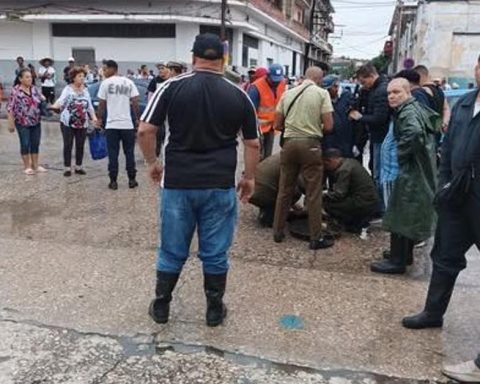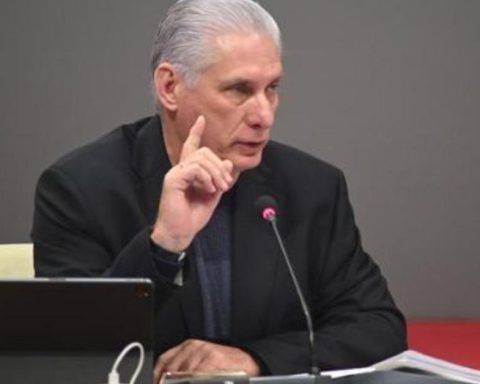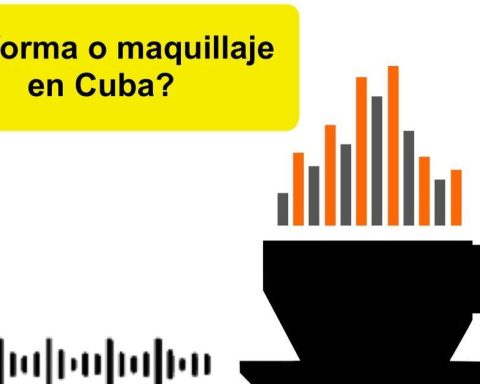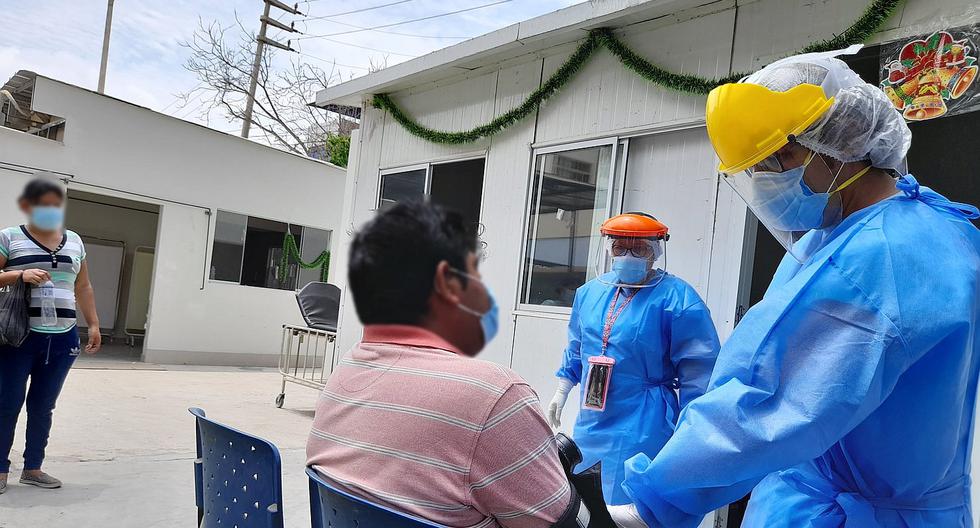The cases contemplated in the pardons involve short sanctions, in many cases, and, furthermore, their beneficiaries are not many.
President Guillermo Lasso signed Executive Decrees 264 and 265 through which he granted the presidential pardon to Persons Deprived of Liberty (PPL) under certain conditions.
On the one hand, according to the presidential statement, Decree 264 seeks pardon Persons Deprived of Liberty who have been sentenced for the offenses provided for in articles 383 and 386 of the Comprehensive Penal Code (COIP), which correspond to traffic violations that do not involve death or injury.
Said articles (383 and 386) establish a imprisonment from five to 15 days and, from three days, respectively.
For example, article 383 penalizes those who drive a vehicle with bad tires. In the case of being public transport, the freedom penalty is double, that is, up to one month.
While article 386 punishes those who carry out first class traffic offenses: people who drive without having obtained a license, who lack the work of the authority or traffic agent or who exceeds the speed limits outside the moderate range established in the corresponding regulations.
It is with concrete facts and actions that we attend to the prison system and guarantee rights. As part of #PlanRescateEcuadorThrough Executive Decrees No. 264 and No. 265, I signed presidential pardons to reduce overcrowding in detention centers. pic.twitter.com/UZEbrgcjVU
– Guillermo Lasso (@LassoGuillermo) November 23, 2021
For the criminal lawyer Nicolás Salas, the President has within his power to grant pardons for humanitarian reasons and, the extent to which these pardons help to control the overcrowding It is important.
However, the expert emphasizes that this decree does not contribute to a greater extent to a solution; «I do not believe that the people who come out through this pardon go reduce the overcrowding prisoner. I do not have exact figures but I do not think that more than a few hundred people are locked up for these causes.
To access this pardon, the PPL must meet the following requirements: have an enforceable conviction for one of the offenses referred to in article 1 and have no pending criminal proceedings against them.
Pardon people with catastrophic illnesses
For its part, Decree 265 determines that those who suffer from one or more of the following conditions will be pardoned:
- Catastrophic illnesses
- Terminal disease
- Multi-drug resistant tuberculosis
- TB-HIV coinfection
The presidential statement cites that in the cases indicated, the total forgiveness of Persons Deprived of Liberty and “does not extinguish the obligation of comprehensive reparation that each of the recipients of the pardon be in charge of including those of a pecuniary nature.
According to the analyst, the problem lies in the amount for which the prison system is made and the extent to which these types of decrees “help”. He believes that the greatest contribution should come from the judicial system.
«The main effort should come from the judicial function limiting the use of preventive detention. That is a considerable solution. Let us remember that around 40% of the PPL have preventive prison«, Highlights the analyst.
Joffre Campaña, another expert on criminal matters, agrees with him, who, through his twitter account, expressed that Decree 264 is a ‘joke’. “The bureaucratic process will take longer than the penalties it forgives,” he wrote.
To access the pardon of Decree 256, the PPL must: have an enforceable conviction, have no pending criminal proceedings against them and not be convicted of crimes such as genocide, against humanity, forced disappearance, torture, kidnappings, among others. (MFU)
IT MAY INTEREST YOU:















